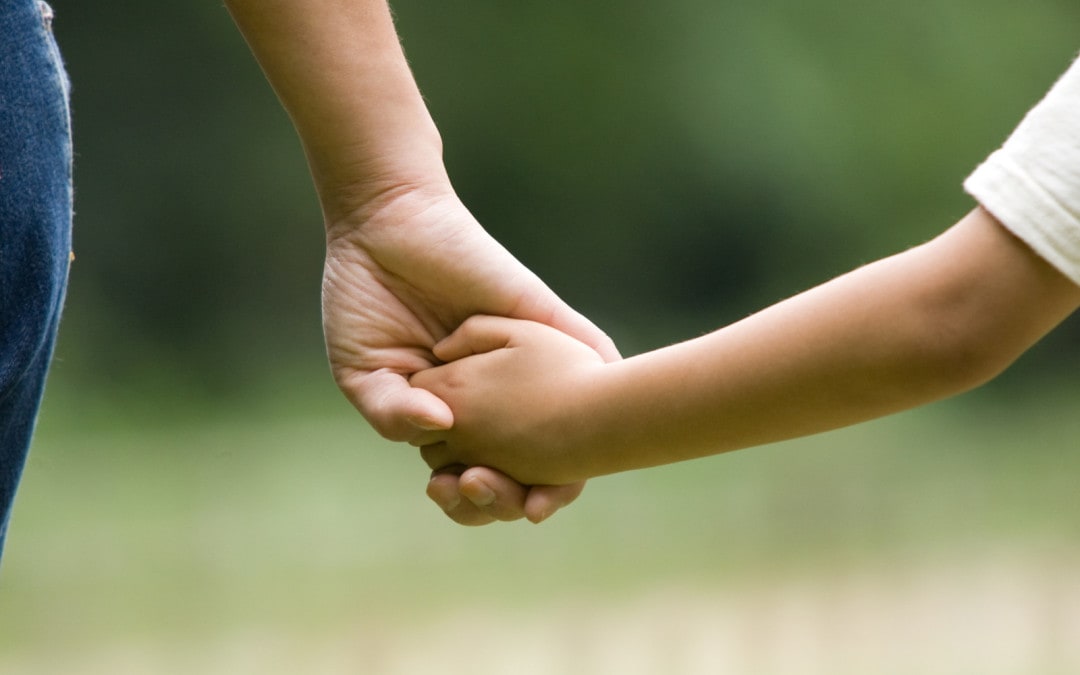Your child is being stubborn, belligerent, even. They refuse to understand logic, pleading, or your cries for them to simply settle down. You realize there is a need for discipline. So how do you go about this? For some, the first instinct may be to scold, for others it is to spank. How do we show our children right from wrong, allow them to learn from their mistakes, and show them that every action has a consequence?
Often times we expect our children to know exactly what we want them to do, to catch social cues, and to internalize structure but every child is different, every child matures at different speeds, and some respond to other methods of punishment than others. However, one thing is clear, discipline means to lead by example, not by punishment. There’s no right way to discipline, each child is different with different needs and capabilities. What we need to focus on is empathizing with the child, what they are thinking, and how those thoughts manifest in their behaviors.
Before the age of two, children can not internalize structure. Have faith in the child’s goodness, they’re not always out to get you. Discipline varies according to a child’s age. A three year old does not have the understanding of his/her behavior that an eight year old has. Instead, focus on preventative behavior ; give love, time and attention generously and try to make sure children get more attention when their behavior is good/acceptable. That is the first step preventative parenting and discipline.
Secondly, set limits, not rules. Limits are caring, safe, and teach self control. Rules foster a sense of the forbidden about certain behaviors and those will be the first things the child does when she leaves the home outside of your company. Setting limits fosters a sense of self-monitoring which will follow them into adulthood.
Lastly, praise and provide positive criticism instead of shame. Praise builds self esteem and allows the child to self-regulate and modify their behavior. It shows approval and is the best reward for behavior. Praise their accomplishments, not their personality. In the same vein, criticize their behaviors and not them personally. It can be hard to do this in the heat of the moment, but control your anger and urge to retaliate, remember they are just children, just as you were once.
A much needed perspective in parenting is remembering that you were a child once. No child is perfect, no child is an exact carbon copy of you, and no child has the exact understanding and hindsight that age can give. Instead, empathize with the child and his or her behavior and tackle it at its source.
—————————————————————–
Erica Komisar is a veteran psychoanalyst and parent-coach who has been in private practice for 25 years. A graduate of Georgetown and Columbia Universities and The New York Freudian Society, Ms Komisar is a psychological consultant bringing parenting and work/life workshops to clinics, schools, corporations and childcare settings including The Garden House School, Goldman Sachs, Shearman and Sterling and SWFS Early Childhood Center. She lives is New York City with her husband, optometrist and social entrepreneur Dr. Jordan Kassalow, and their three teenage children.
Pre-order her book, Being There: Why Prioritizing Motherhood in the First Three Years Matters and follow her on Twitter
EricaKomisarCSW and on Facebook . Sign up to her newsletter here .




